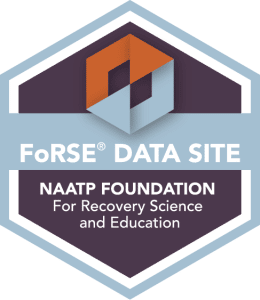At Bridging the Gaps, we understand that addiction is not an easy burden to bear. That’s why we offer guided meditation in our addiction recovery programs, designed to help those struggling with substance abuse find peace and clarity in their journey of healing. During our sessions, we will guide you through breathing exercises that relieve physical tension, as well as visualizations that promote relaxation.
Meditation for addiction is an evidence-based therapeutic technique that uses mindfulness meditation, guided visualizations, and relaxation techniques to help individuals struggling with substance abuse or addictive behaviors. This type of therapy focuses on helping a person become more aware of their feelings and thoughts related to addiction. It helps them gain insight into their behavior and its underlying causes, as well as develop healthier coping mechanisms.

The idea behind meditation for addiction is to create greater self-awareness, acceptance, and understanding so that the individual can start making positive changes in their life. During sessions, clients will be guided through specific meditations designed to address their issues such as reducing stress, managing cravings, or improving emotion regulation. Through regular practice of these exercises, clients learn how to respond to triggers and urge in a healthier way.

Meditation can be an incredibly effective tool in addiction recovery. It helps to reduce stress, anxiety, and cravings, as well as increase self-awareness and acceptance. Other benefits include improved emotional regulation, better sleep, reduced negative thought patterns, increased focus and clarity of mind, enhanced motivation for change, and avoidance of relapse. All of these benefits contribute to a deeper understanding of oneself which leads to lasting behavior changes.
Meditation can also be a valuable tool during the withdrawal phase of addiction recovery. Mindfulness meditation, in particular, helps to reduce cravings and physical symptoms associated with withdrawal such as insomnia, nausea, restlessness, and irritability. These meditations can also increase emotional stability and provide an outlet for stress relief.
At Bridging the Gaps, we offer guided meditation therapies tailored to meet your individual needs. During our sessions, you will be given simple breathing and relaxation exercises as well as guided visualizations that help reduce physical tension and stress. You may be asked to focus on certain emotions or thoughts related to addiction, or engage in exercises such as yoga poses or light walking. Ultimately, the goal of each session is to provide a safe space for you to explore your feelings and become more aware of yourself and your environment.

Although meditation can be a helpful tool for recovery, it is not meant to cure addiction. It is important to remember that addiction is a complex disorder and requires comprehensive treatment. At Bridging the Gaps, we utilize meditation therapy as part of an overall treatment plan that addresses the underlying causes of addiction.
At Bridging the Gaps, we are committed to providing evidence-based services to individuals struggling with addiction and mental health issues. This holistic approach helps clients learn healthy coping skills and build resilience so that they can lead fulfilling lives free from substance abuse. To learn more about our services and how we can help you or your loved one, contact us today.
Contact
31 S. Braddock Street
Winchester, VA 22601
Phone: 540-535-1111
Fax: 540-450-1205
admissions@bridgingthegaps.com
Addictions
Modalities


